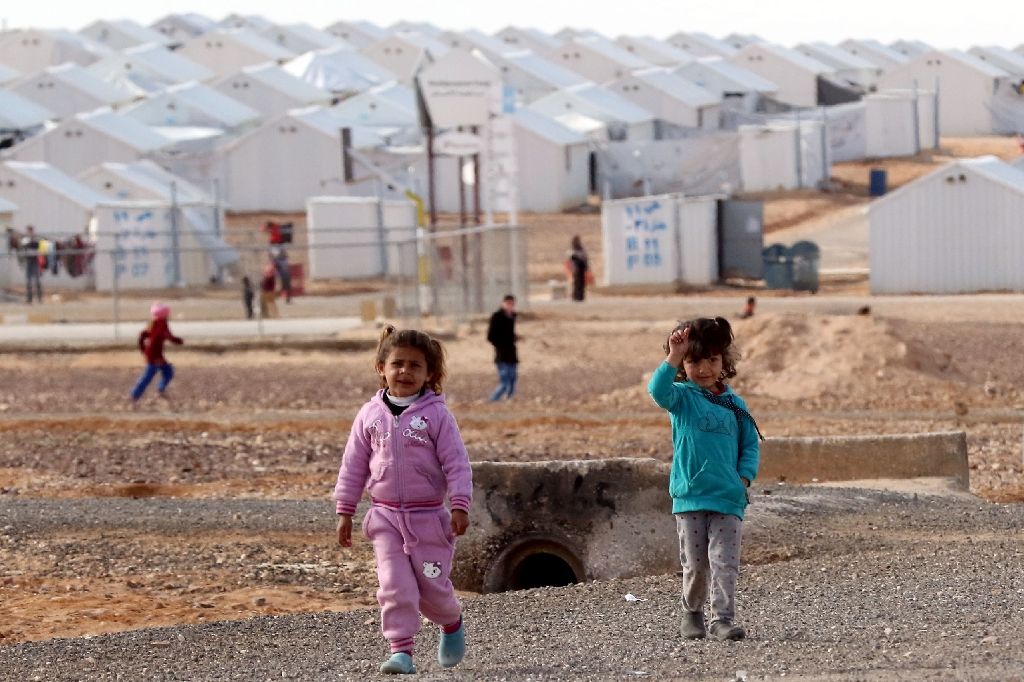Paris- Amnesty International (AI) accused on Wednesday some world leaders of spreading a toxic, dehumanizing rhetoric full of hatred and causing a more divided and dangerous world in its annual report issued in Paris.
As it launched its annual assessment of human rights around the world, AI said: “Divisive fear-mongering has become a dangerous force in world affairs.”
The report said that “Whether it is Trump, Orban, Erdogan or Duterte more and more politicians calling themselves anti-establishment are wielding a toxic agenda that hounds, scapegoats and dehumanizes entire groups of people.”
The non-governmental organization also documented how 36 countries violated international law by unlawfully sending refugees back to a country where their rights were at risk.
AI specifically mentioned U.S. President Donald Trump’s decision to prevent refugees from seeking resettlement in the U.S., calling his policy as a “hateful xenophobic pre-election rhetoric,” blocking people fleeing conflict and persecution from war-torn countries such as Syria from seeking safe haven in the country.
The report also refers to the EU’s illegal and reckless deal with Turkey to send refugees back, even though it is not safe for them.
The report mentions that “today’s politics of demonization shamelessly peddles a dangerous idea that some people are less human than others, stripping away the humanity of entire groups of people.” It said refugees are the first targets of those policies.
AI said that in 2016, governments turned a blind eye to war crimes, pushed through deals that undermine the right to claim asylum, passed laws that violate free expression, incited murder of people simply because they are accused of using drugs, justified torture and mass surveillance, and extended draconian police powers.
Amnesty’s international director for Europe John Dalhuise said the rhetoric of accusing the others was not restricted to radical leaders, but was also conducted by parties describing themselves as mediators.
“Foreigners and Muslims were now the main targets of European demagogies,” he said, adding that those are described as being a threat to the country’s national security and identity by stealing jobs and taking advantages of the regime’s social security.
